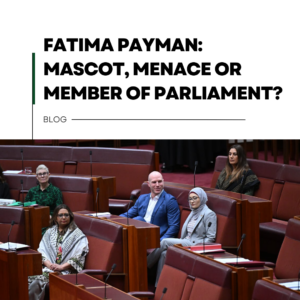The common misconception that the Holy Quran has itself declared that some of its verses have been abrogated by others i.e. later verses abrogating earlier ones is totally unsustainable and false.
There is nothing in the Holy Quran that states that any verses have been abrogated.
Neither do they clash with other verses which may, therefore, have to be regarded as abrogated.
Instead, they often validate each other.
All parts of the Holy Qur’an support and corroborate one another.
One of the verses often quoted in support of this allegation is in Ch2:V.107:
“Whatever Sign We abrogate or cause to be forgotten, We bring one better than that or the like thereof. Dost thou not know that Allah has the power to do all that He wills?”
Some interpreters have mistakenly inferred from this verse that some of the verses of the Quran have been abrogated. There is nothing in this verse to indicate that the word “Ayah (Sign)” occurring here refers to the previously revealed Quranic verses.
Additionally, both the preceding and the following verses refer to the People of the book, and how scriptures revealed to them have been revised in the Holy Quran.
The Holy Quran is the ultimate revelation from God.
Previous scriptures included revelations for the people of that time, and it was necessary to abrogate some portions of those scriptures and bring about new ones in their place and restore the lost ones in the Holy Quran. Moreover, previous revelations in older scriptures have been revised and improved, which is the essence of the Holy Quran, i.e. it is a book for all times and for all people.
There is another verse that is sometimes quoted in this context. Here also, the meaning that somehow a verse abrogation is meant is quite untenable:
“And when We bring one Sign in place of another and Allah knows best the object of what He reveals they say, thou art but a fabricator.’ Nay, but most of them know not.” (16:102)
The meaning is: “When We avert or delay punishment on account of a change for the better on the part of those who are threatened with it.”
There is no reference here to the abrogation of any of the verses of the Qur’an. There is nothing in the context either to suggest any reference to the idea of abrogation.




